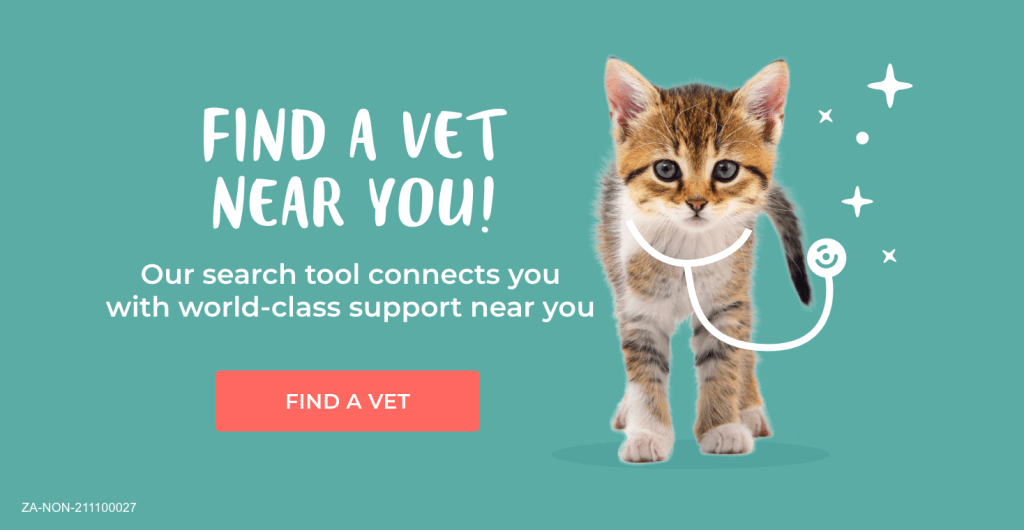Gastrointestinal Problems in Cats
HEALTH & PROTECTION
26 Dec, 2021
READ 4 minutes

No one wants to see their beloved feline friend in any kind of pain. But like us, cats can suffer from occasional digestive discomfort, which is just as unpleasant for them as it is for us. It’s important for us, as their caretakers, to be able to recognize when we should be concerned, because sometimes the cause for stomach or intestinal upset can be serious.
SOS! MY CAT HAS DIARRHOEA!
The toilet is private! This is especially true for cats who prefer to be alone while taking care of business. However the size and layout of your living space and the need to regularly clean the litter box doesn’t quite allow for strict privacy. And that’s good, because a little insight into the gastrointestinal activity of your cat is sometimes necessary to oversee the health of your pet. Unpleasant scents or a noisy litter box session can signal that there might be an issue. Suspicions can be confirmed if there is a change in quantity or consistency of your cat’s bowel movements … If your cat has ongoing digestive difficulties, a visit to your veterinarian is necessary.

CAUSES OF DIARRHOEA IN CATS
The occasional upset stomach is nothing out of the ordinary with our four-legged friends. Cats, as well as dogs, suffer from minor digestive problems, and most of the time, the problems disappear on their own. In many cases, diarrhoea may be less obvious and first appear as faeces of softer consistency. There are many causes of diarrhea in cats, including:
- Food intolerance (milk, sugary or starchy foods)
- Food allergy
- Diet change
- Poisoning (plants or other household toxins)
- Intestinal infections (viruses, bacteria) or parasites (Giardia, Tritrichomonas)
- Stress or behavioural factors
- Side effects of medications
- Viruses or bacteria
- Overactive thyroid (hyperthyroidism)
- Chronic kidney or liver disease
- Tumors (e.g. alimentary lymphoma)

If the diarrhoea disappears after one to two days without further incident and if your kitty seems otherwise fit and healthy, a visit to your veterinarian is usually not necessary. You should closely observe his or her energy and activity levels. Has the behaviour of your cat changed? If so, consult your veterinarian. In addition to self-limiting triggers, serious illnesses can be the cause for tummy troubles. Despite regular deworming, for example, infection with parasites (especially infection with Giardia or Tritrichomonas) proves to be the most common cause of intermittent chronic diarrhoea.
DIARRHOEA AS A SIGN OF OTHER DISEASES
Since diarrhoea can also be a sign of other diseases, it is important that you keep a close eye on your pet. If your cat seems apathetic or very sluggish or if he or she refuses food and water, it is recommended to take him or her to your veterinarian.

Chronic diarrhoea can be life-threatening for a cat. Even the short-term, severe diarrhoea can lead to marked dehydration and weight loss in a cat. This can be particularly dangerous in older, weakened animals. If you have a small kitten with diarrhoea, it is very important to act quickly as young kittens are less tolerant of dehydration. In addition, they are also more susceptible to infectious diseases due to their developing immune system. A visit to your veterinarian will give you clarity as to the underlying cause and the opportunity for your cat to receive proper care.
TREATMENT
If you can identify a trigger for your cat’s diarrhoea, such as stress or a particular diet or food, it will be relatively easy to avoid it or remove it and prevent future episodes. However, if you cannot figure out the cause of diarrhoea, you will want to ask your veterinarian for advice on any further measures and any necessary treatments.









